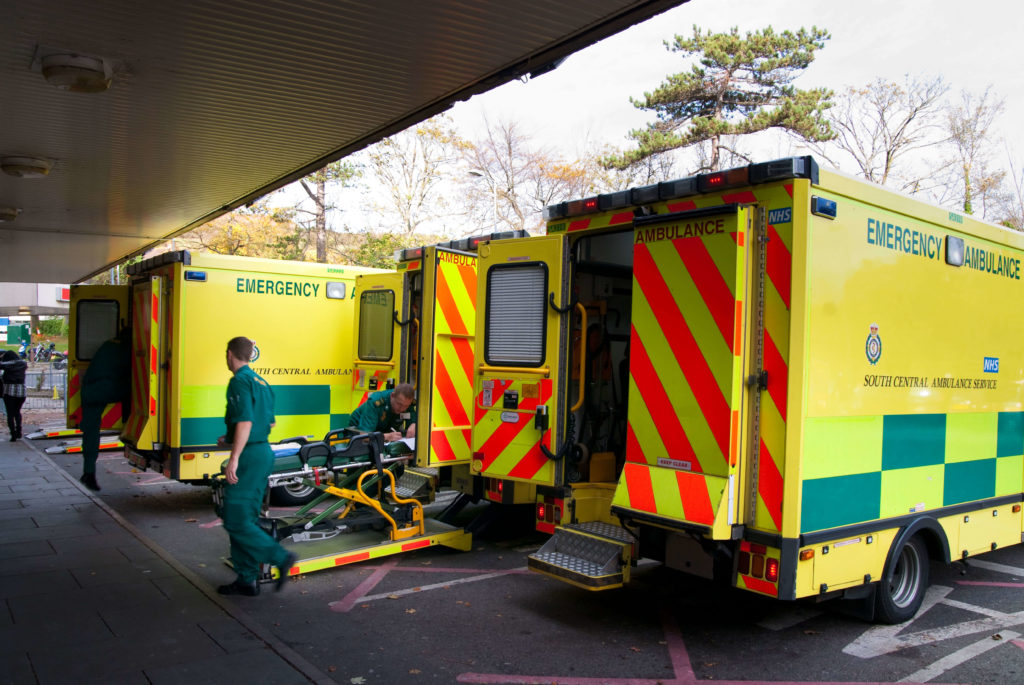Government plans to deal with a record 5.8 million waiting list for elective care risk being overturned by a crisis in emergency care.
The Health and social care committee’s report on clearing the backlog caused by the pandemic finds that the elective recovery plans are threatened by pressure on emergency care with a record number of 999 calls and waiting times in emergency departments at record levels.
The Report concludes that tackling the wider backlog caused by the pandemic is a major and ‘unquantifiable’ challenge. It calls for a broad national health and care recovery plan to include mental health, primary care, community care, and social care as well as emergency care.
It finds better workforce planning to be a central factor in recovery. However, the report notes that the government resisted changes to the Health and Care Bill that would have required publication of an independent assessment of workforce numbers at least once every two years. Without it, it will remain impossible to know whether enough doctors, nurses or care staff are being trained, say MPs.


A focus on waiting lists, at the highest levels since records began, is understandable but a numerical target driven approach risks jeopardising equally important areas of care that keep people healthy and out of hospital, the committee says.
Health and social care committee chair and former Health secretary Jeremy Hunt MP said: “The NHS faces an unquantifiable challenge in tackling a backlog of cases caused by the pandemic, with 5.8 million patients waiting for planned care and estimates that the figure could double by 2025.
“However, our report finds that the government’s recovery plans risk being thrown off course by an entirely predictable staffing crisis. The current wave of Omicron is exacerbating the problem, but we already had a serious staffing crisis, with a burnt-out workforce, 93,000 NHS vacancies and no sign of any plan to address this.
“Far from tackling the backlog, the NHS will be able to deliver little more than day to day firefighting unless the government wakes up to the scale of the staffing crisis facing the NHS, and urgently develops a long-term plan to fix the issue.”
In response to the committee’s new report, Siva Anandaciva, chief analyst at the King’s Fund said: “Government pledges for more funding and new initiatives, like increasing NHS diagnostic capacity, will play an important role in recovery, but endemic staff shortages before the pandemic have left staff and services depleted.
“The government has provided more funding for health and care services but has so far failed to deliver a national plan to fundamentally address the workforce crisis. Without this plan, efforts to recover services and tackle rising backlogs will be hamstrung and patients will be left waiting longer for the care they need. The Health & Care Bill currently in parliament also offers the government a prime opportunity to enshrine in law a commitment to produce realistic projections of the health and care staff needed.”












